"When can babies have cow's milk?" is a common question among new parents starting solids. I'm here to clear up the confusion about whether milk is healthy and appropriate for babies in the 6-12 month range.

You may have heard that babies aren't supposed to have cow's milk, or that they aren't ready to have milk until they reach 1 year of age. Or you may be wondering if milk is any different than formula. Today, I'm clearing the air about cow's milk for babies so that you can give your little one the most nutritious option available and stop stressing about the milk question!
Jump to:
Is Cow's Milk Bad For Babies?
Despite what you may have heard, cow's milk is not bad for babies. When babies are developmentally ready for solids around 6 months of age, their digestive systems are ready for cow's milk and other dairy products in small quantities.
Most of the research looks at replacing breastmilk or infant formula with cow's milk (which should NOT be done before 12 months of age), and notes adverse outcomes such as low iron status and risk of allergy. However, cow's milk protein allergy often resolves on its own as the baby gets older, and we know that introducing other allergens, such as peanut and egg, is actually likely to prevent a food allergy. Iron status is an issue for all infants beginning around 6 months, and both breastmilk and cow's milk are low in iron. What is important is feeding iron-rich foods alongside breastmilk or formula when starting solids.
When added to a baby's diet in appropriate amounts, such as in cooking oatmeal or in pancakes, cow's milk is perfectly healthy for most infants starting solids. It adds valuable nutrients to baby's diet and helps introduce another common allergen. Cow's milk is a good source of critical nutrients including:
- Protein
- Fat
- B vitamins, such as B12 and riboflavin
- Calcium
- Vitamin D, when fortified
Other dairy foods, such as yogurt and cheese, are also nutrient-rich and appropriate for babies starting solids when served in a safe manner.
The biggest concern with milk is that it would replace breastmilk or formula, which are the most nutritionally superior foods for all infants, or that it would start to displace other nutrient-rich foods in the diet, such as iron-rich meat. For this reason, milk should not be given as a beverage before baby is 12 months old.
When Can Babies Have Cow's Milk?
Developmentally, baby can have cow's milk and other dairy foods (such as yogurt) in small amounts when they begin solids, around 6 months of age. You can cook with cow's milk to add more protein, fat, and vitamins to foods such as oatmeal, pancakes, french toast, and chia pudding.
When Can My Child Have Milk as a Beverage?
It is appropriate to give milk as a beverage starting around 12 months. If you are still nursing at 12 months, feel free to continue, as cow's milk is not necessary when your little one is still consuming nutrient-rich breastmilk. But if baby is weaned from the breast or bottle, you can start giving cow's milk in a cup after baby's first birthday. To make sure it doesn't displace other healthy foods in your baby's diet, limit milk to 16 oz or 500 ml per day.
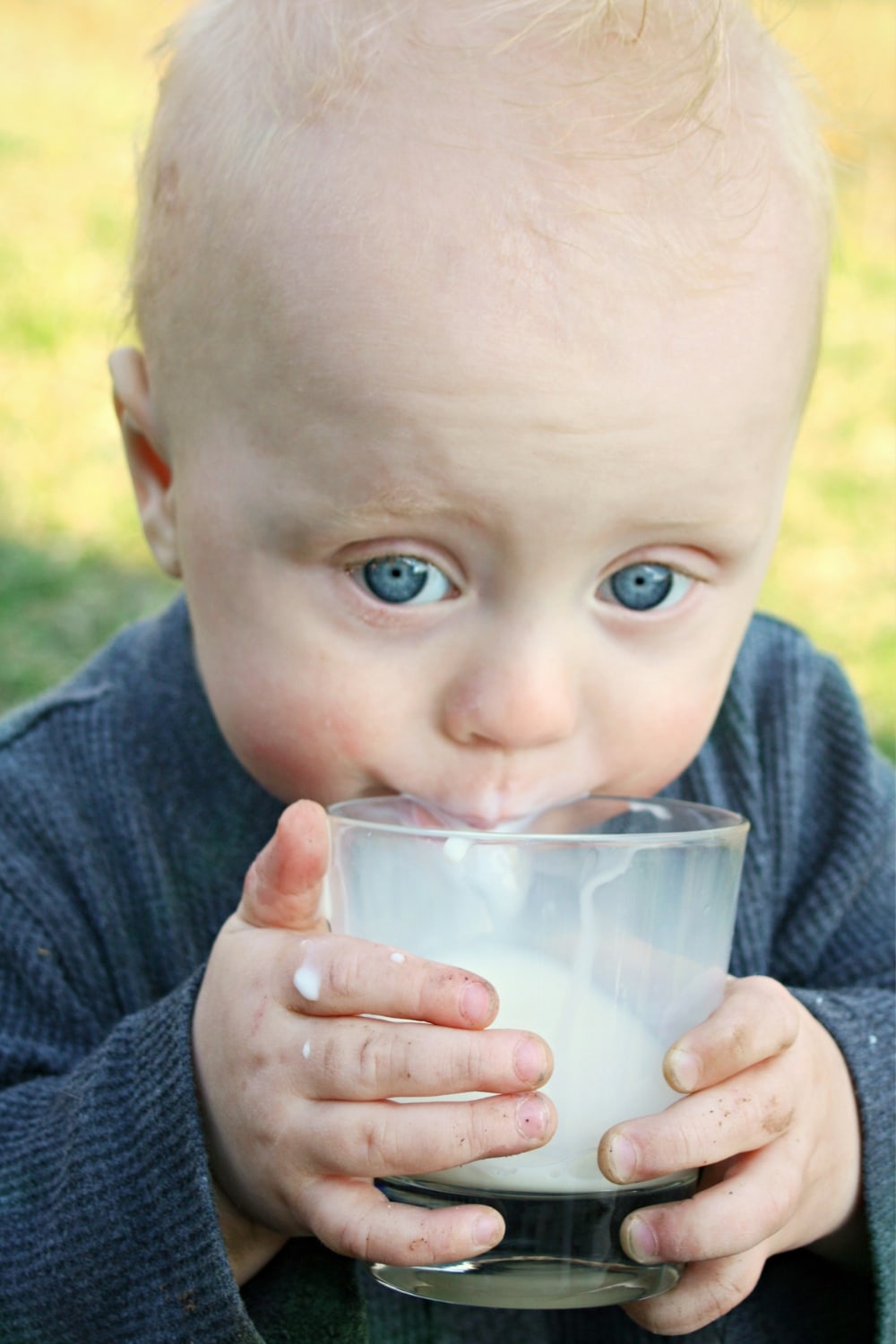
What Type of Milk Is Best?
When you do introduce cow's milk, whole milk is best. Babies need the energy and high fat content for brain development. Plant-based milk replacers are nutritionally inferior to cow's milk, often lacking protein, fat and calories that babies need to grow. If a milk substitute is necessary, soy milk is the best option.
How To Introduce Milk To Babies
For babies less than one year old, introduce milk and other dairy products incorporated into foods they are already eating, such as cooking with milk and adding yogurt or cheese to foods.
For 12 months and up, you can give a small cup of milk at meals instead of water, limiting total milk intake to 16 oz or 500 ml per day.
Get the full breakdown on how to introduce milk here: How To Introduce Cow's Milk To Babies
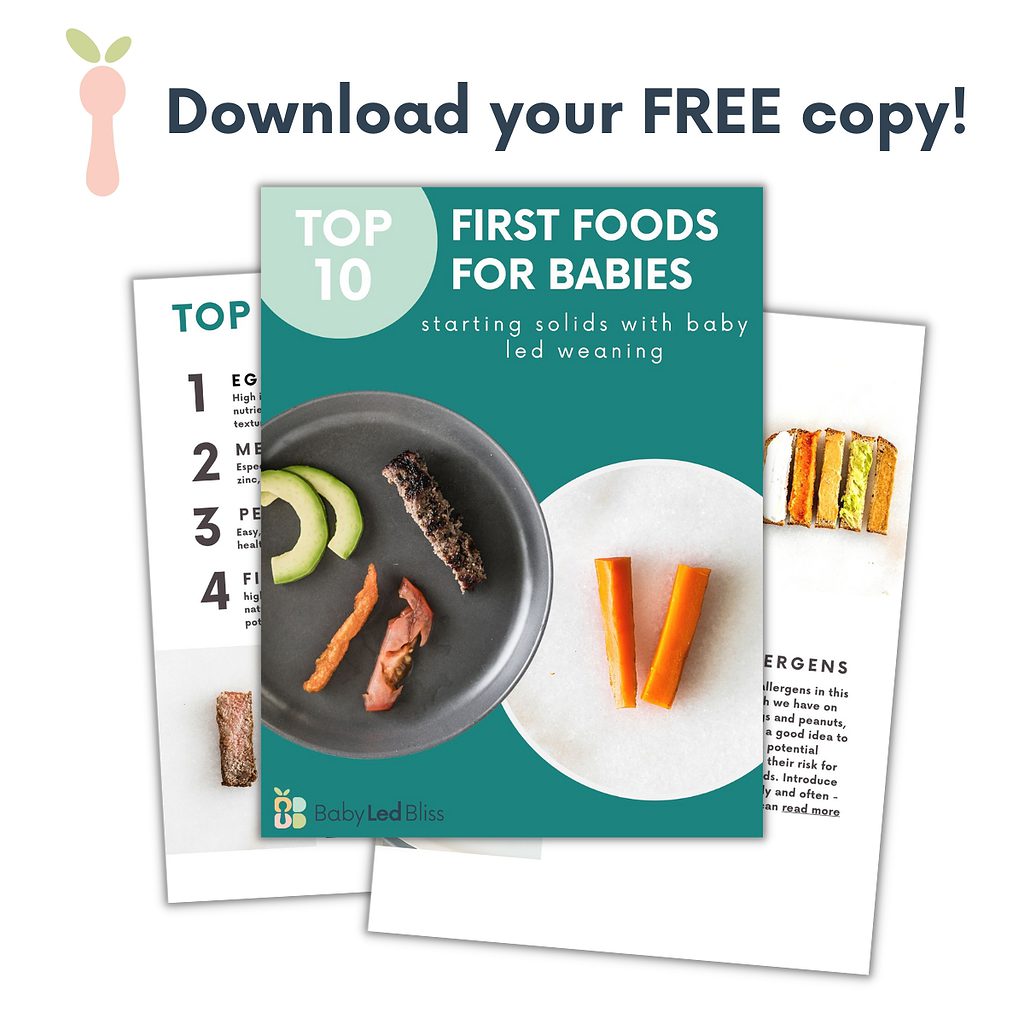





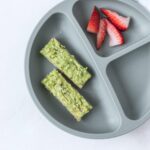
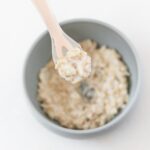




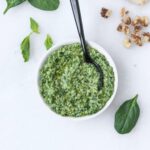


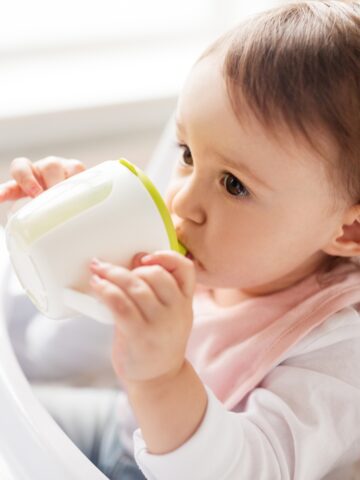
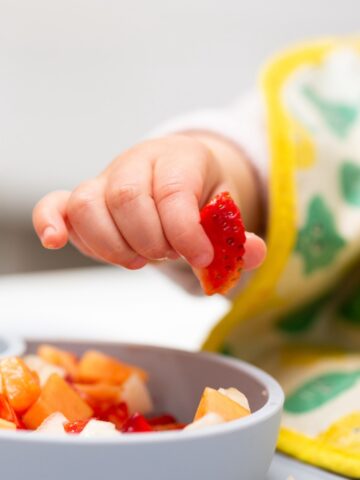

Leave a Reply